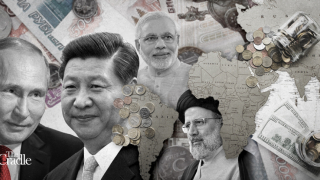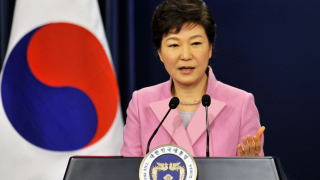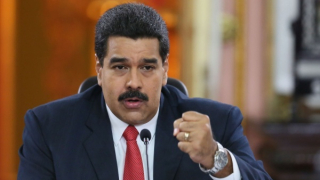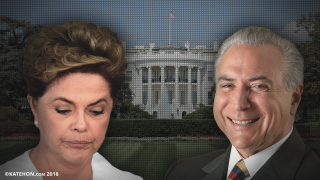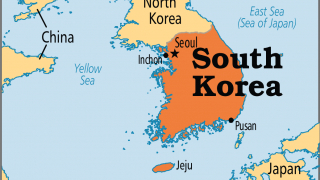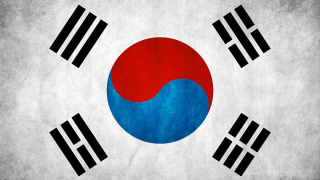See also
18.10.2016
During the mass protests against education reforms (the Provisional Measure (MP 746), according to which the costs will be frozen for the next twenty...
05.08.2016
The XXXI Olympic Games will be held in Rio de Janeiro from August 5th to the 21st.
11.11.2016
Trade unions joined the unceasing protests in Brazil. They brought the workers onto the streets, protesting against the austerity measures introduced...
06.12.2022
The Eurasia Economic Union (EAEU) is speeding up its design of a common payment system, which has been closely discussed for nearly a year with the...
24.05.2024
On February 24, 2022, Russia was forced to launch a special military operation (SMO) to denazify and demilitarize Ukraine. The SMO had not only...
24.10.2016
Park Geun-hye, the current President of South Korea called for constitutional reforms that could allow future presidents to serve two terms. The...
16.12.2016
The closure of the Venezuelan-Colombia border has been extended for another 72 hours. In addition to this, the border with Brazil is also closed....
01.09.2016
The majority of the country's deputies voted for Rousseff’s removal from the post of president.
28.03.2019
“All wars represent a failure of diplomacy.”
Tony Benn
There is no vacuum of power. In geopolitics, there is no inertia. But, in Brazil, we defy...
25.12.2016
In the center of Seoul mass protests are held. More than 550,000 people demand to arrest President Park Geun-hye.
These protests are carried out...
03.10.2016
Brazil hosted the first round of municipal elections, the outcome of which will largely determine the further development of the situation in Brazil...
08.11.2016
The impeachment of President Park Geun-hye is nearer than ever.





